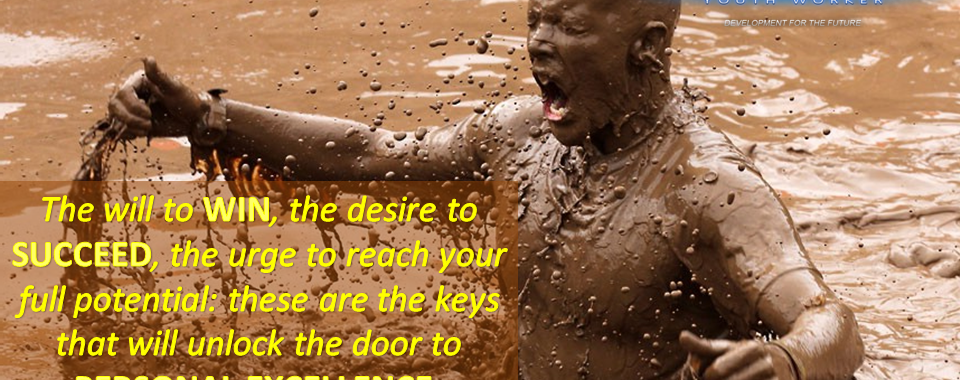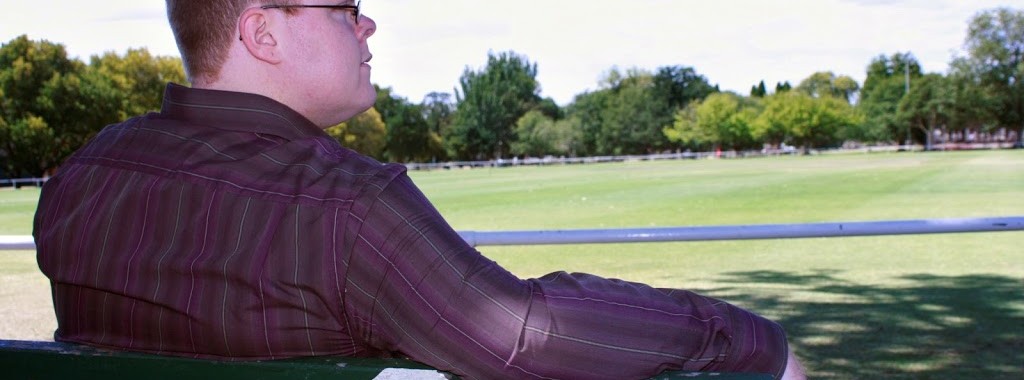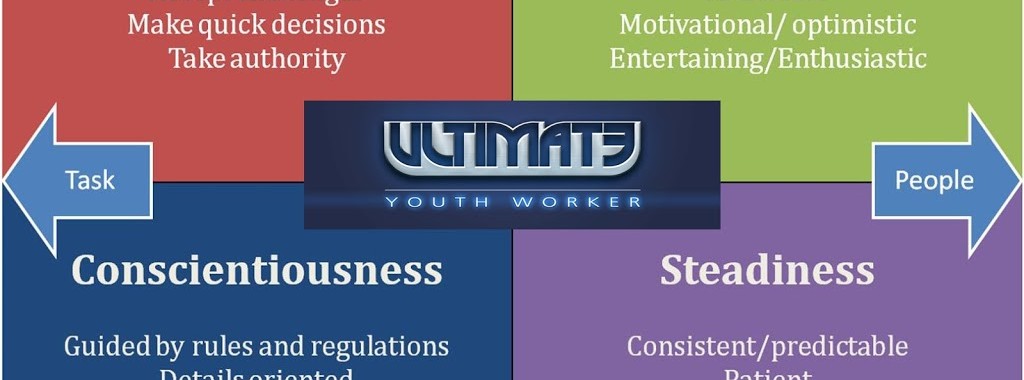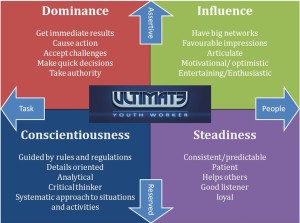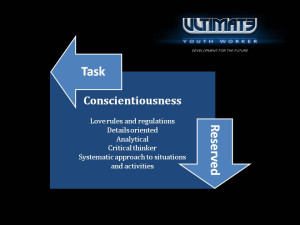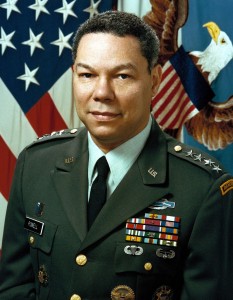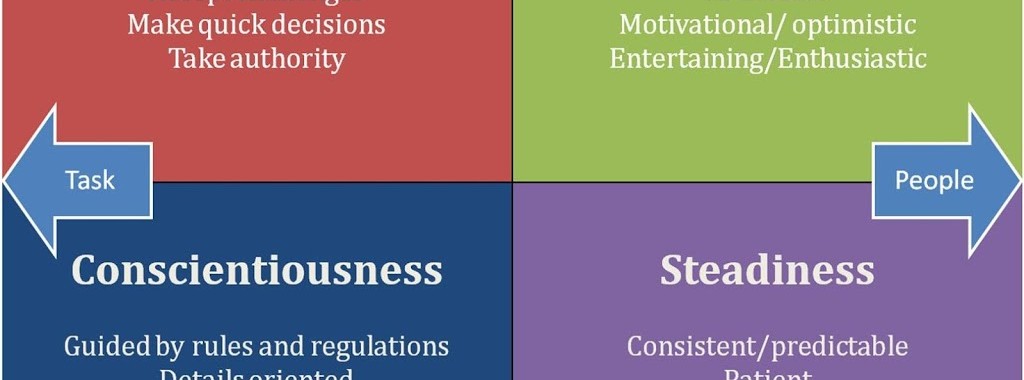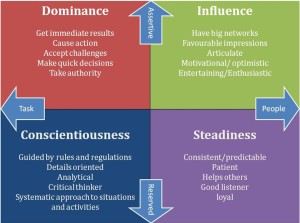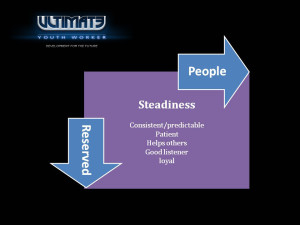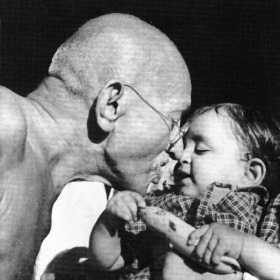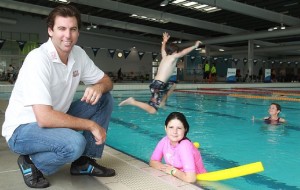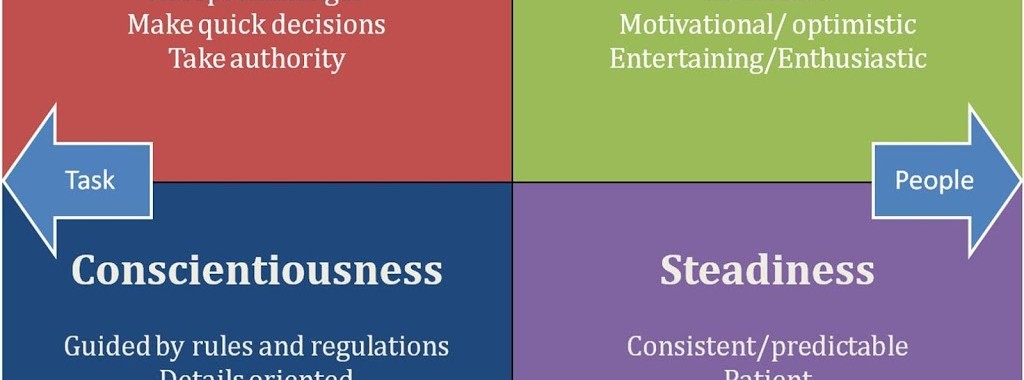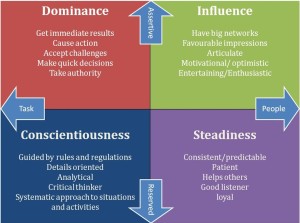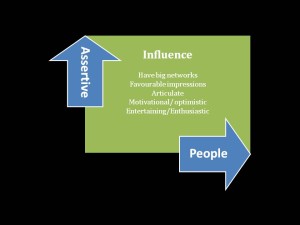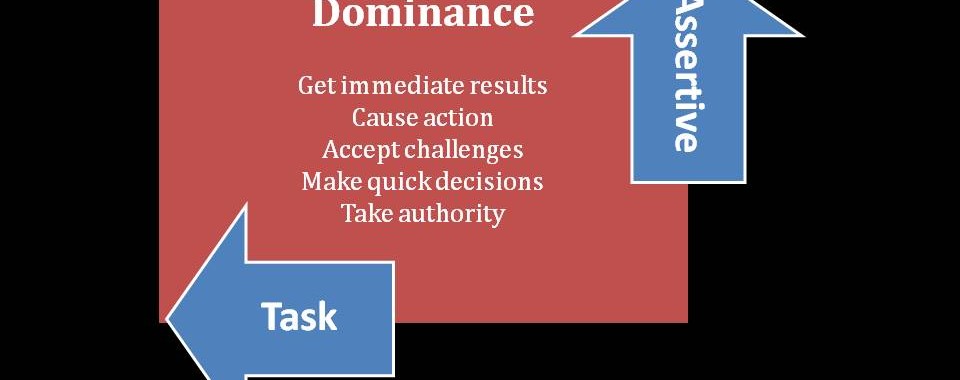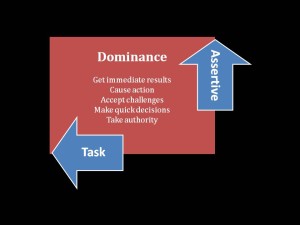Personal excellence
“The will to win, the desire to succeed, the urge to reach your full potential: these are the keys that will unlock the door to personal excellence.” – Confucius
The very best youth workers I have ever met share an extremely rare focus. These Ultimate Youth Workers want to be the best. The don’t want to just coast through they want to blaze a trail. They never accept the status quo. They never rest on their laurels. They believe there is more to be done… and they do it. These youth workers see life as needing to be lived to the fullest. It is what drives them to excellence!
Seeking to live and work by the mantra of excellence is not bad as many have tried to sell over the past decade. The view that close enough is good enough has hurt our sector. From training to employment and through to the work we do with young people we must do it with professional excellence. Beyond our professional excellence however we need to have personal excellence. We must want to win, succeed and reach our full potential. Because if we can’t do this, we have no right to ask it of our young people.
Do you want to win? In your career, personal life, for your client? Do you want to succeed? In your studies, your cases, your personal goals? Do you want to reach your full potential? The world is littered by people who gave up when things got tough. Who decided to coast instead of put in a little blood, sweat and tears. Who did a half assed job because that was easier. If you want to be an Ultimate Youth Worker you need to seek after your own personal excellence. An Ultimate Youth Workers goal is always to be better tomorrow than they are today.
What do you do to encourage personal excellence?
